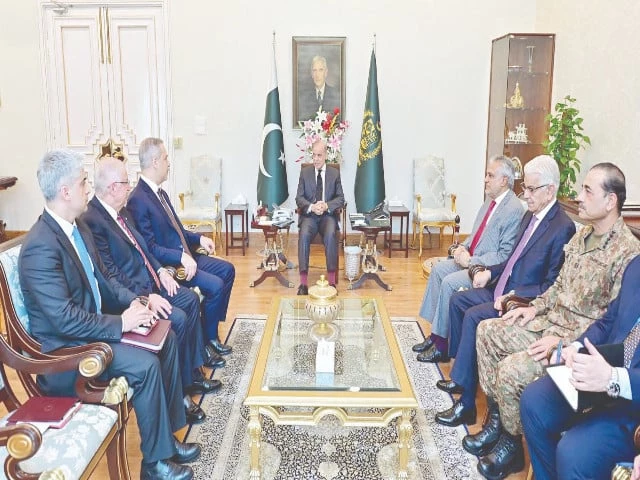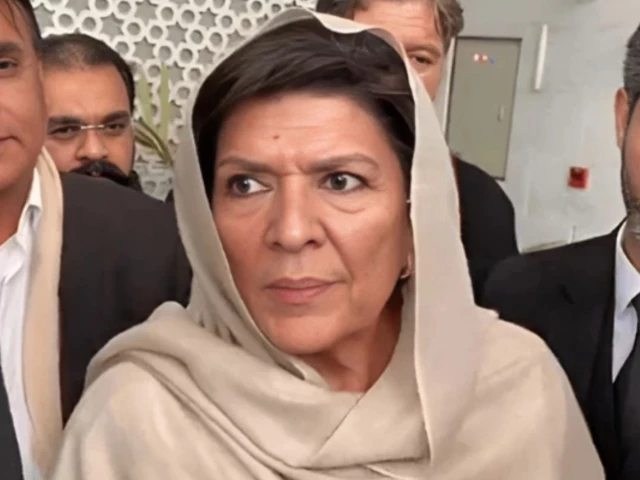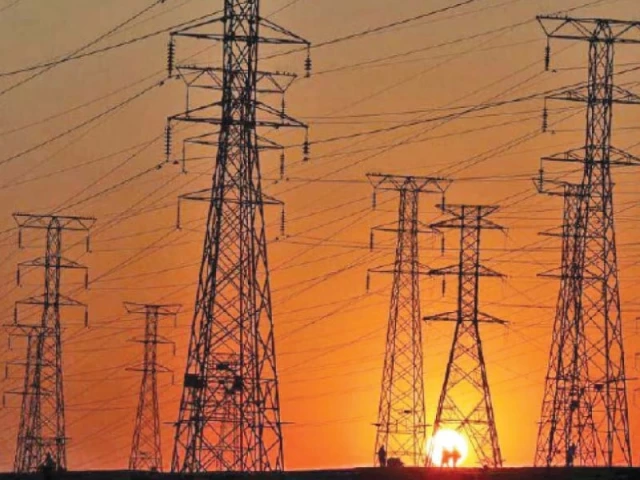Strengthening Ties: Pakistan and Turkiye Deepen Defence Cooperation
In a significant move reflecting regional stability concerns, Pakistan and Turkiye have committed to enhancing their defence collaboration. Recent talks in Islamabad saw Turkish Foreign Minister Hakan Fidan and Defence Minister Yasar Guler engaging with Pakistani leadership, underscoring the countries’ growing partnership. The aim? To boost bilateral trade to $5 billion while reinforcing their strategic alliance.
During their meetings, Turkish ministers met with key figures, including Prime Minister Shehbaz Sharif and top military leaders. This high-level interaction signals the importance both nations place on their longstanding relationship, rooted in shared history, culture, and mutual respect. It’s not just about defence; there’s a clear push towards cooperation in diverse areas like trade, technology, and investment.
The Turkish leaders emphasized strengthening economic ties, with discussions on sectors such as mining, oil, and energy. The agreement signed in April between the Turkish Petroleum Corporation and Pakistan’s national oil companies is already seen as a monumental step. As Foreign Minister Dar noted, there’s a shared commitment to supporting each other’s core interests—a crucial element for navigating the complexities of today’s geopolitical landscape.
Both sides are also focused on practical initiatives, including the establishment of a special economic zone in Karachi for Turkish entrepreneurs. This move promises to attract further Turkish investments in Pakistan’s burgeoning economy. Furthermore, discussions about collaborations in counter-terrorism and defence industries illustrate a holistic approach to security and economic growth.
On the military front, Defence Minister Guler’s meetings in Islamabad aimed to assess and enhance existing defence ties. Both nations agreed on the significance of joint working groups to dive into aerospace technologies, advanced training, and even pilot exchange programs. Guler expressed admiration for the Pakistan Air Force’s operational readiness and underscored the potential for partnerships in disruptive technologies.
As these nations work together, it’s clear that their relationship is poised for further growth—a strategic partnership aimed at not just bolstering individual countries but contributing to broader regional stability.
For those interested in engaging with or staying updated on international relations, remember to check out Pro21st, where we delve into topics like these and much more!
At Pro21st, we believe in sharing updates that matter.
Stay connected for more real conversations, fresh insights, and 21st-century perspectives.





